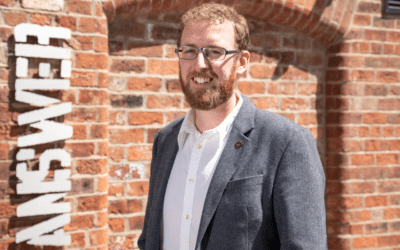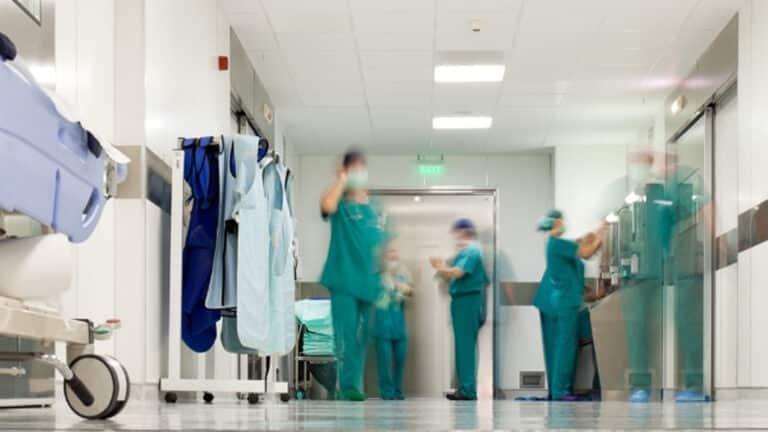AI is now more effective than doctors at picking out transplant organs according to researchers.
The team behind Organ Quality Assessment (OrQA) believes the system could save lives and “tens of millions” of pounds.
“Transplantation is the best treatment for patients with organ failure, but unfortunately some organs can’t be used due to concerns they won’t function properly once transplanted,” explained Colin Wilson, transplant surgeon at Newcastle upon Tyne Hospitals NHS Foundation Trust and co-lead of the project.
“The software we have developed ‘scores’ the quality of the organ and aims to support surgeons to assess if the organ is healthy enough to be transplanted.
“Our ultimate hope is that OrQA will result in more patients receiving life-saving transplants and enable them to lead healthier, longer lives.”
The National Institute for Health and Care Research (NIHR) has invested £1m in funding to develop the technology, which works in the same way as facial recognition to evaluate the quality of an organ.
It’s believed the tech could result in up to 200 more patients receiving kidney transplants and 100 more receiving liver transplants every year in the UK.
“Currently, when an organ becomes available, it is assessed by a surgical team by sight, which means, occasionally, organs will be deemed not suitable for transplant,” explained Professor Hassan Ugail, Director of the Centre for Visual Computing at the University of Bradford, whose team is working on image analysis as part of the research.
“We are developing a deep machine learning algorithm which will be trained using thousands of images of human organs to assess images of donor organs more effectively than what the human eye can see.
“This will ultimately mean a surgeon could take a photo of the donated organ, upload it to OrQA and get an immediate answer as to how best to use the donated organ.”
Almost 7000 patients are currently waiting on an organ transplant and an organ can only survive outside the body for a limited time. In most cases only one journey from the donor hospital to the recipient hospital is possible, which is why the right decision needs to be made quickly.
“Funded by our Invention for Innovation Programme, this deep machine learning algorithm aims to increase the number of liver and kidney donor organs suitable for transplantation,” said Chief Executive of the NIHR, Professor Lucy Chappell.
“This is another example of how AI can enhance our healthcare system and make it more efficient. Once clinically validated and tested, cutting edge technology such as this holds the real promise of saving and improving lives.”
Proof of concept work has already been carried out in liver, kidney and pancreas transplantation as well as at an advanced stage of pre-clinical testing in liver and kidney.
It’s expected that the software will be ready for a licensing study in the NHS within 2 years. They will also explore marketing the system globally.










